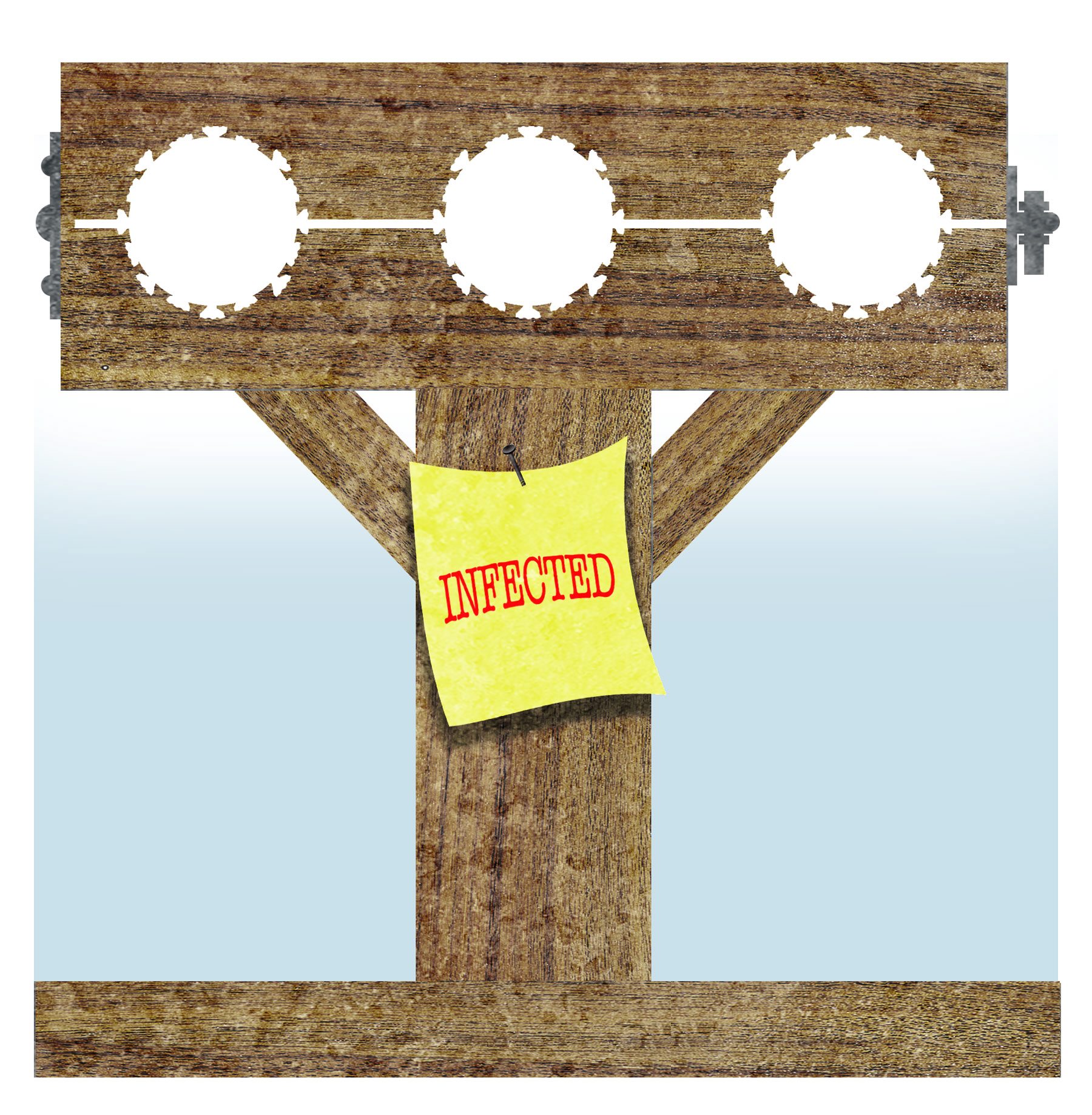By: – washingtontimes.com – April 18, 2020
“I fear death, so take my liberty!”
The biggest threat to the United States today is not a virus, but rather “virus-shaming.” The greatest challenge the American experiment faces in this dark hour is not our need for safety but our loss of liberty. And the complicity of the church in the wholesale abandonment of this self-evident truth is no less than stunning.
While governors across the nation fall over themselves to break their oath of office, the church remains quiet. While one mayor after another assumes unilateral power, pastors across the spectrum of denominations shame rather than applaud those who resist such demagogic arrogance.
One retort, in particular, seems ubiquitous in putting freedom’s defenders in their place. “The Bible says we are to obey our government, to ‘submit to every ordinance of man,’ and ‘be subject to the governing authorities.’ How can you ignore these passages?”
Well, the answer is, frankly, quite simple. This application of the Bible is truncated and out of context. This exegesis is terrible. This is proof-texting at its worst, for it fails to take into consideration the arc and intent of the biblical narrative.
For example, if Moses had done what this argument suggests, we wouldn’t have the story of Exodus. If Paul had followed this line of reasoning, he wouldn’t have spent so much time in jail, nor would he have lost his head. And what of Gideon, Ehud, Jepthah, Samson and Deborah, who were all charged explicitly by God to resist rulers who had begun to aggregate unto themselves political power at the expense of personal freedom?
Moreover, what about those not mentioned in the Bible, but who built their lives upon it? Abolitionists such as Frederick Douglass, Sojourner Truth, B.T. Roberts and Harriet Tubman? Were they wrong for defying their government and fighting against the merchandising of men?
How about Martin Luther King Jr.? Was he wrong in his march for civil rights?
Was Patrick Henry wrong when he asked, “Is life so dear, or peace [and safety] so sweet, as to be purchased at the price of slavery?” And what of the rest of our Founding Fathers? Were they wrong to put their lives on the line in defiance of King George, who had explicitly promised the colonies his protection and “safety” in exchange for their subservience?
You see, you can’t cherry-pick your Scriptures (or any other literature for that matter) and make your case with integrity. The entire book must be taken into account. And when you do, you’ll find that from beginning to end, it is replete with stories of God’s people defying unjust, oppressive and overbearing governments.
If anything is clear in the history of civilization, as well as that of the church, it is this: When you sacrifice human freedom for the sake of human safety, you almost always diminish the human being. Citizens of the former Soviet Union, for example, may have been “safe,” but this was not the stuff of personal dignity and worth. As the old axiom goes, “A ship in the harbor is safe, but that’s not what ships are for,” and so it is with human beings. Safety at the expense of freedom always degrades rather than elevates what it means to be made in the image of God. Michael Ramsden (from the Oxford Center for Christian Apologetics) recently argued that the greatest threat to human beings in the 21st century could, in fact, be a misguided concept of human safety.
He uses this analogy.
Suppose, in our mastery of artificial intelligence, that in the near future, we create robots and program them to oversee the safest possible world for human beings, a world that, by definition, is free from all potential harm.
Then suppose these robots conclude that, in order to do their job, all human beings must be rounded up and confined 24/7 in dark cells, totally removed from any and all danger, disease and disaster.
Now, suppose these robots quickly learn that the “best way” to keep us alive and well, for decades on end, is to feed and medicate us intravenously in our sterile and disease-free cells.
What kind of world would this be? Is this a nation in which we want to live? Is this our ideal? Such an existence would be “safe,” but would it be good?
At the end of the day, we must decide if liberty is an assumed predicate to the definition of what it means to be human. If, to the contrary, we determine that “safety” is our only non-negotiable, then we need to amend our Declaration of Independence, as well as our Bibles, quickly.
And while we’re at it, let’s strike “Give me liberty, or give me death” from our nation’s lexicon and replace it with, “I fear death, so take my liberty!”
To see this article, others by Mr. Piper, and from The Washington Times, click read more.
Source: Greatest threat America faces during COVID-19 pandemic is loss of liberty – Washington Times
 Listen Online
Listen Online Watch Online
Watch Online Find a Station in Your Area
Find a Station in Your Area









 Listen Now
Listen Now Watch Online
Watch Online
